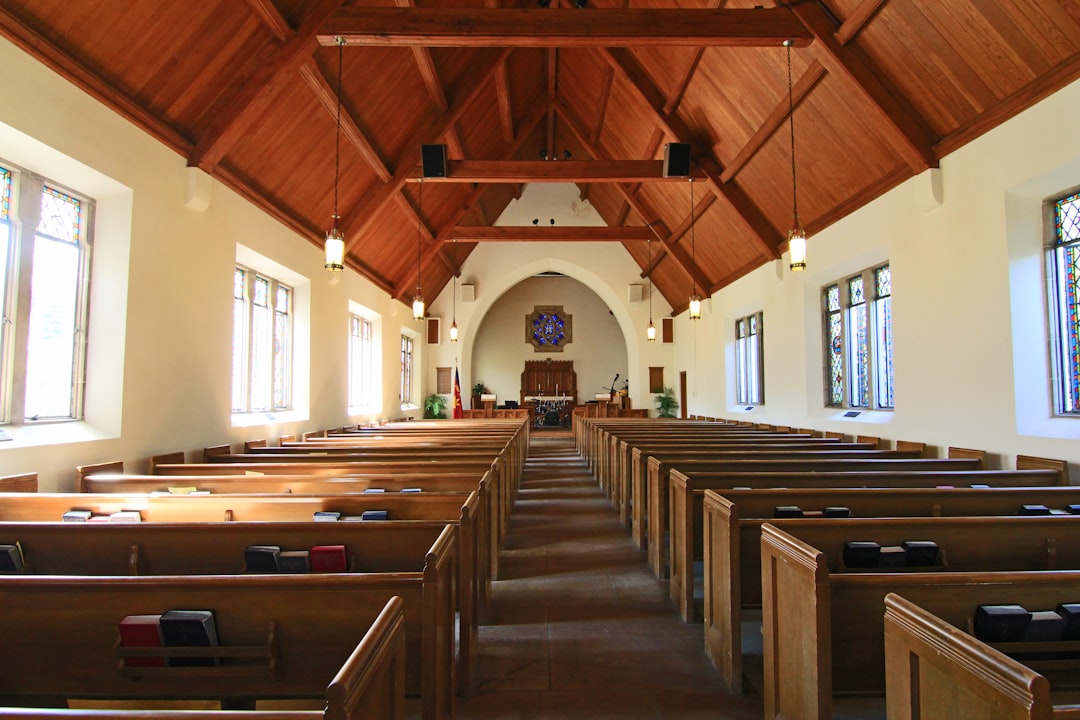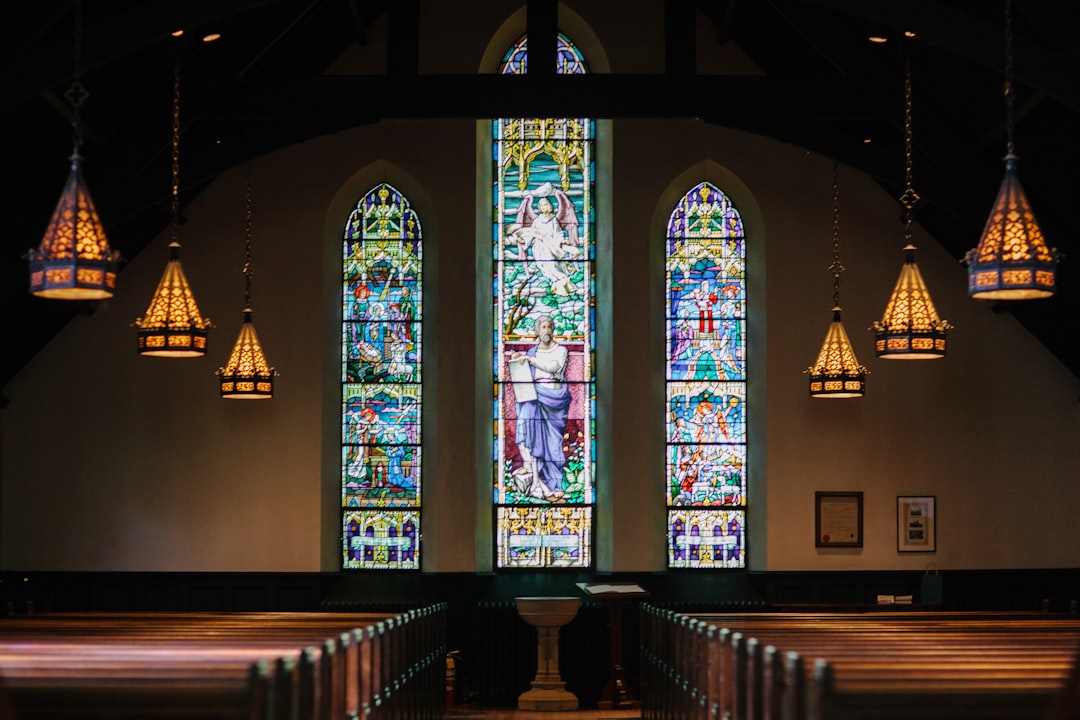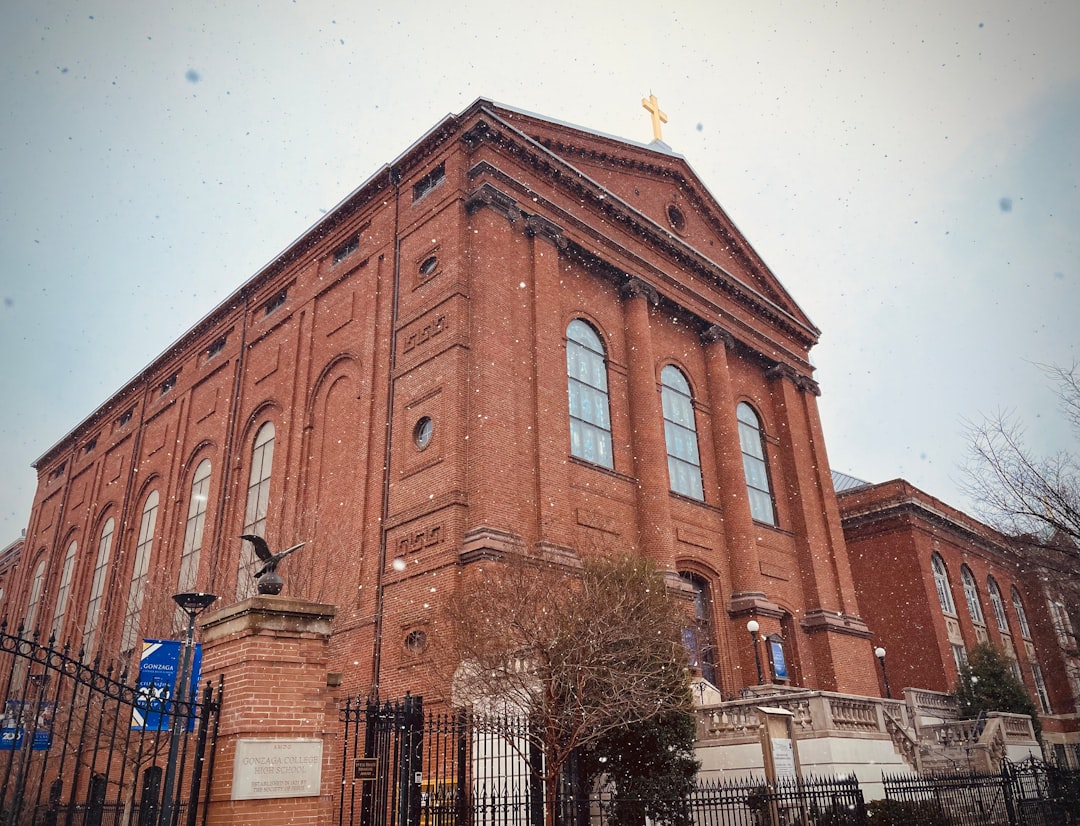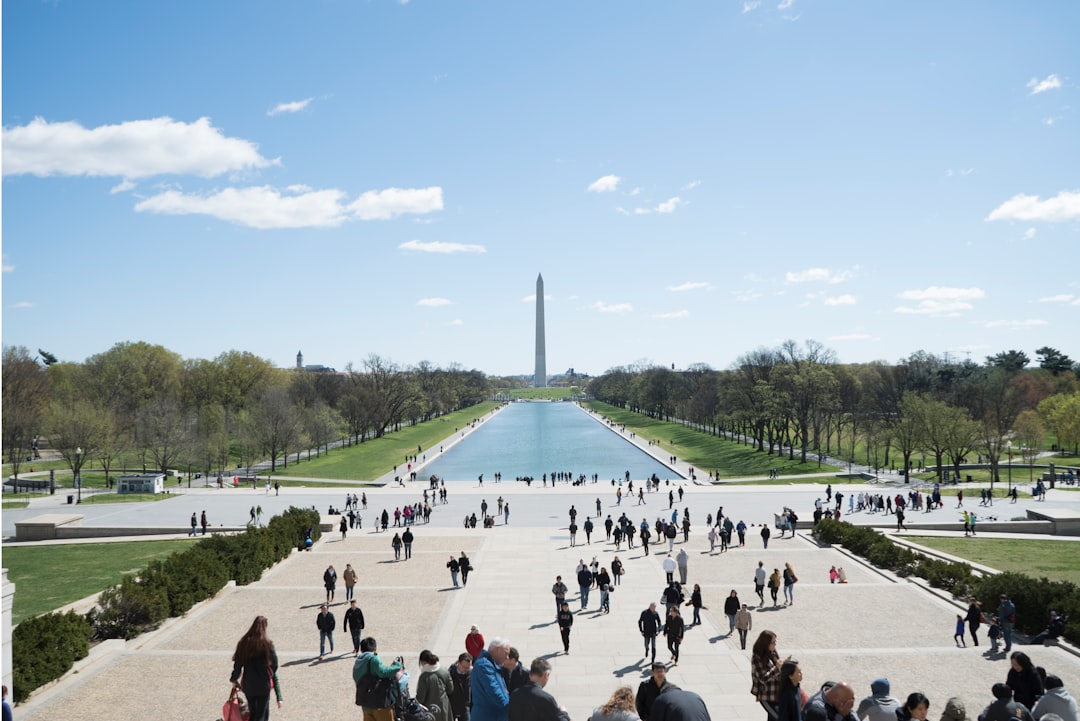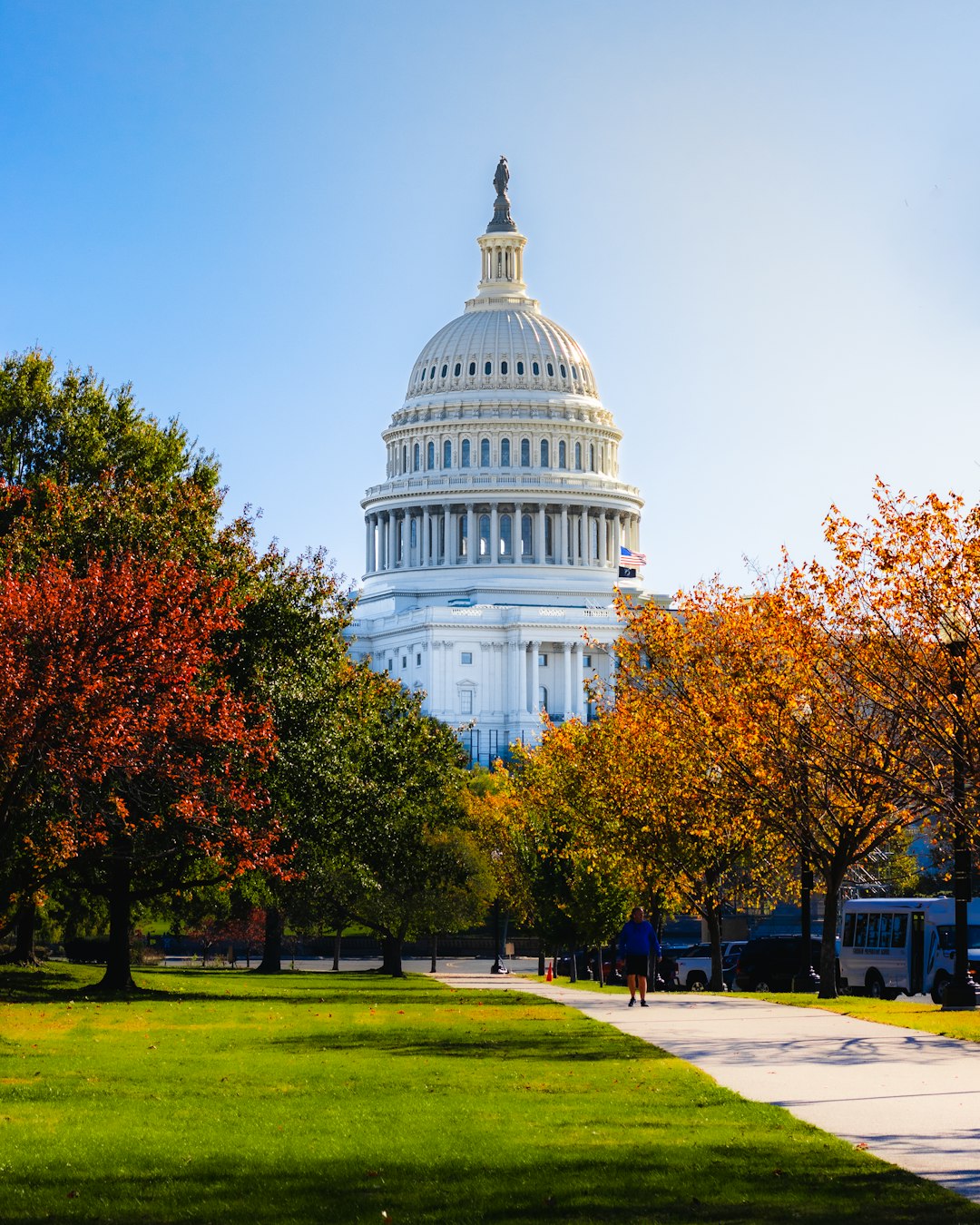In Washington state, clergy abuse is a serious issue often ignored. This text emphasizes the need to recognize power-based exploitation within religious settings, which can cause physical, emotional, or sexual harm. It encourages victims to consult specialized clergy abuse attorneys who possess expertise in church laws and state regulations, offering guidance and advocacy for justice. These attorneys are vital resources for navigating complex cases and promoting healing. After experiencing misconduct, individuals should prioritize their well-being by seeking legal counsel from a clergy abuse attorney in Washington and connecting with support networks to facilitate recovery.
In the sensitive realm of clergy abuse, individuals who have suffered at the hands of spiritual leaders need accessible resources and legal advocacy. This article explores crucial aspects of dealing with clergy abuse in Washington state. We delve into understanding red flags, recognizing legal rights, and the critical role a specialized clergy abuse attorney plays in navigating complex cases. Additionally, we provide support resources for survivors, offering guidance on steps to take after experiencing clergyman misconduct. For those seeking justice in Washington, this guide is an essential first step.
Understanding Clergy Abuse: Recognizing Red Flags and Legal Rights in Washington State
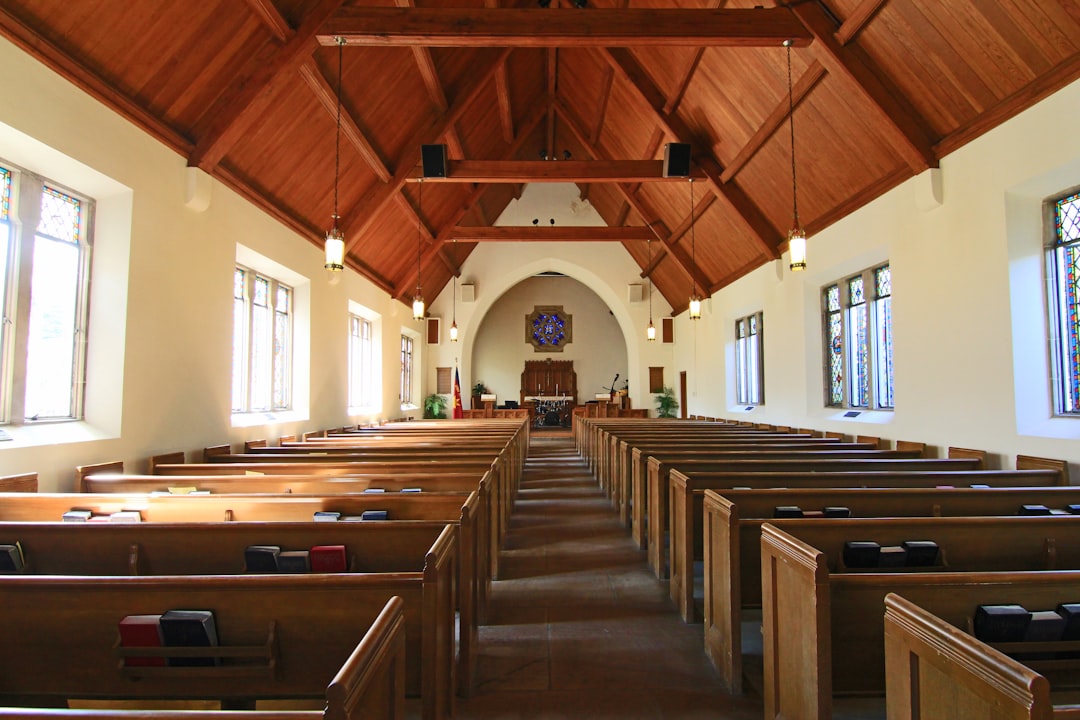
In Washington state, clergy abuse is a serious issue that often goes unreported due to the sensitive nature of its occurrences. Understanding what constitutes clerical abuse and recognizing red flags are crucial steps for victims seeking justice. This includes instances where religious leaders exploit their positions of power, leading to physical, emotional, or sexual harm. Such behavior is unacceptable and victims have legal rights.
If you’ve experienced clergy abuse in Washington state, it’s important to know that there are dedicated clergy abuse attorneys available to help. These professionals specialize in navigating complex legal systems and advocating for victims’ rights. They can guide you through the process of seeking justice, ensuring your rights are protected while holding accountable those who have caused harm.
The Role of a Specialized Clergy Abuse Attorney in Navigating Complex Cases

When a client reaches out to a law firm regarding clergy abuse in Washington state, engaging the services of a specialized clergy abuse attorney is a pivotal decision. These attorneys possess an intricate understanding of the unique challenges and legal complexities that arise in such cases. They navigate a labyrinthine web of church laws, internal policies, and state regulations, ensuring every angle of the case is thoroughly examined.
A specialized clergy abuse attorney in Washington isn’t just adept at interpreting laws; they also foster a safe environment for victims to share their stories. Their experience enables them to guide clients through sensitive issues, providing legal strategies tailored to each individual’s needs. This personalized approach ensures that every aspect of the case is handled with care and proficiency, ultimately advocating for justice and healing for those affected by clergy abuse.
Supporting Survivors: Resources and Steps to Take After Experiencing Clergy Misconduct
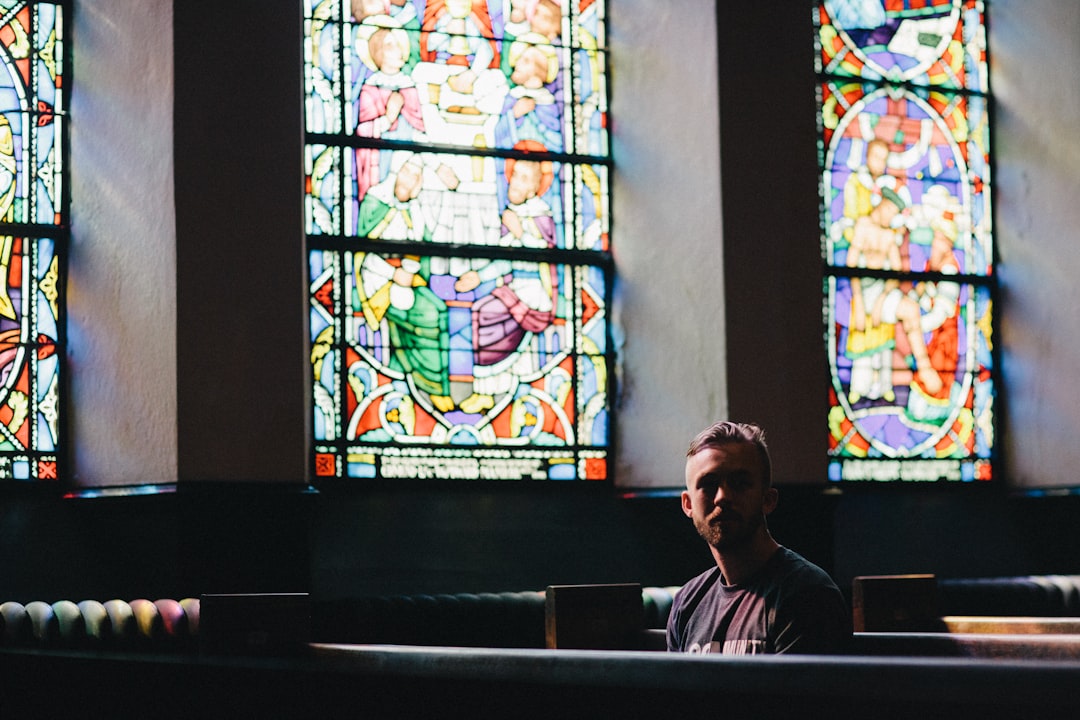
After experiencing clergy misconduct, it’s essential to prioritize your well-being and take proactive steps towards healing. The first resource to consider is reaching out to a clergy abuse attorney in Washington. Legal professionals specializing in this area can provide guidance tailored to your situation, ensuring you understand your rights and options for justice. They can help navigate the complexities of filing a lawsuit against religious institutions or individuals responsible for the abuse.
Additionally, there are support networks available specifically for survivors of clergy abuse. These resources offer confidential spaces to share your experiences, connect with others who have faced similar challenges, and access counseling services. Whether it’s through local support groups, online forums, or national organizations dedicated to assisting victims of clergy misconduct, taking these steps can foster a sense of community and empower you on the path to recovery.
